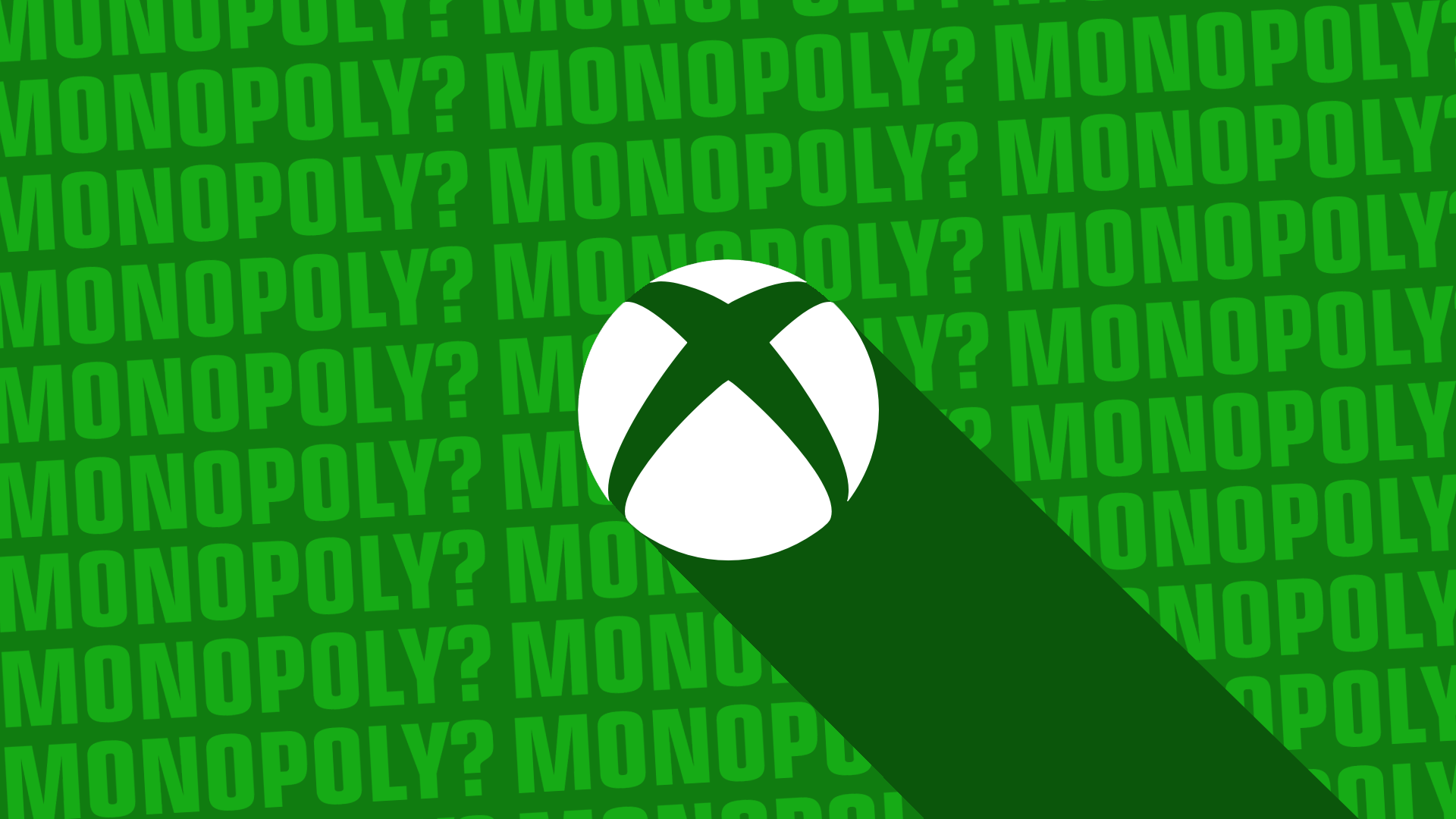Microsoft is on the brink of acquiring Activision Blizzard for a record fee of $68.7bn. Having already landed the Bethesda deal last year, is the conglomerate potentially underway with a full-scale gaming monopoly?
If the cringe, social media driven console wars are even still a thing, this is the equivalent of a nuke.
Throughout the pandemic, general interest in game showcases has dwindled with schedules thrown off kilter and physical attendances ruled out. If you’ve even managed to secure a next gen console then, seriously, well done.
As such, the element of competition between the likes of Sony and Microsoft has felt far less palpable than in previous years.
While that narrative has largely dissipated on the surface, however, that doesn’t mean that big moves haven’t been plotted under the radar. In-fact, revenue-wise gaming toppled the music and movie industries combined in 2021.
Microsoft’s Bethesda purchase last year showed that gaming conglomerates are now equipped to make multi-billion dollar coups, but no one was expecting the magnitude of deal that would be announced earlier this week.
Microsoft’s record deal for Activision Blizzard
Without so much as a prior whisper, Microsoft announced its record buyout of publisher Activision Blizzard yesterday totalling a casual $68.7bn. Yes, you read that right.
The gaming giant – still in the midst of a company overhaul following troublesome allegations – boasts a number of huge franchises, including Call of Duty, World of Warcraft, Overwatch, Diablo, and Candy Crush (a real boomer OG).
Microsoft expects the deal to formally close ‘in the fiscal year 2023,’ as regulatory approval will need to be needed for all of Activision Blizzard’s many market arms.
Within the next 18 months, however, you can probably expect to see some of its flagship titles appearing on Xbox Game Pass as a sign of good will.
The Size of the Gaming Industry is bigger than the Film + Music + NFL + NBA + MLB industry…. COMBINED
Why don’t people realize this? 🧐 pic.twitter.com/6r3VJVpney
— KIRNEILL (@KIRNEILL) September 27, 2021
Now boasting some 25 million subscribers, Game Pass continues to grow in scale with its library offering access to first-party titles at launch and a growing catalogue of games hoovered up from other studios. Through its web app and Xbox Cloud Gaming, its contents are also available to iOS and PC players as of last summer.
Since landing Bethesda close to a year ago, Microsoft has added some 20 of its titles to the Game Pass rotation – also announcing a first-party exclusive in development called Starfield. With Activision Blizzard on board, Game Pass is now even more of a powerhouse.
As you’d imagine, Twitter and Reddit have both blown up with the announcement and memes about Microsoft gobbling up industry cogs at Sony’s expense are everywhere. Is there anything in the theory that Microsoft intends to build a gaming monopoly though?
















